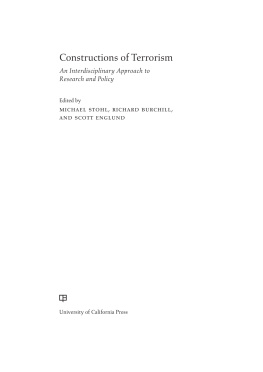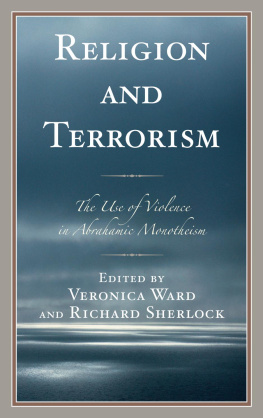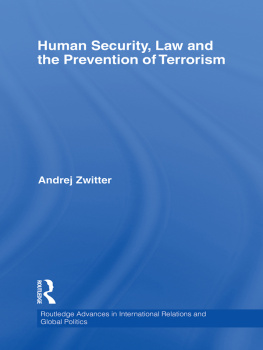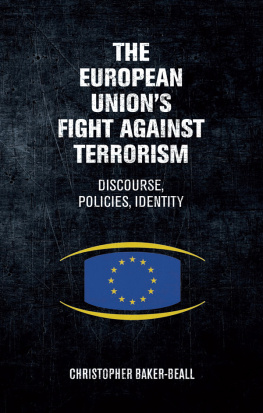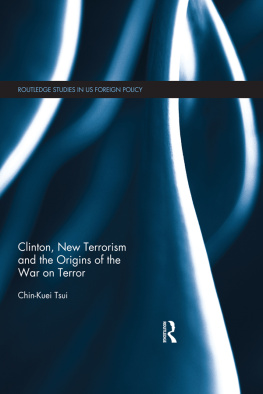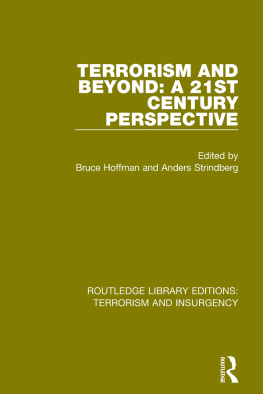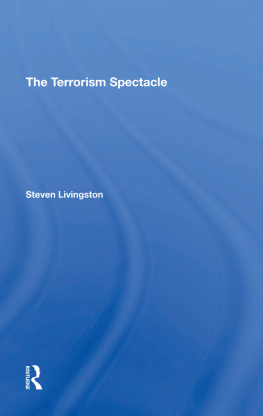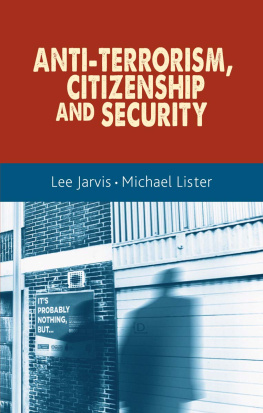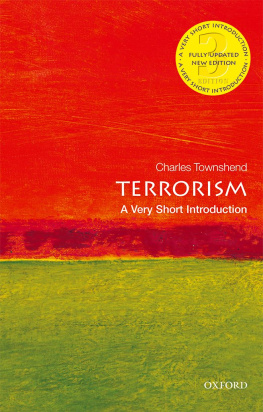This publication is part of the Constructions of Terrorism research project being carried out through a partnership between TRENDS Research & Advisory; Abu Dhabi, United Arab Emirates; and the Orfalea Center for Global and International Studies, University of California, Santa Barbara.
TRENDS Research & Advisory was established in 2014 as an independent think tank addressing a broad range of local and global forces impacting human security. TRENDS aims at further improvement of human security and peace through study, analysis, and the advancement of groundbreaking research. TRENDS strives to present policy alternatives designed to transform societies and improve the living standards of humanity. TRENDS is based in Abu Dhabi, UAE, with a network of Nonresident Fellows and institutional partners spanning the globe. For more information, visit http://trendsinstitution.org/.
The Orfalea Center for Global and International Studies was established in 2005 and works closely with instructional and research units across UCSB, and with partners around the world, on research and policy questions of global scope, implications, and relevance. The mission of the Orfalea Center for Global and International Studies is to provide an intellectual and programmatic focus for the Universitys activities in global, international, and area studies. For more information, visit http://www.orfaleacenter.ucsb.edu/.
Constructions of Terrorism
An Interdisciplinary Approach to Research and Policy
Edited by
MICHAEL STOHL, RICHARD BURCHILL, AND SCOTT ENGLUND

UNIVERSITY OF CALIFORNIA PRESS
University of California Press, one of the most distinguished university presses in the United States, enriches lives around the world by advancing scholarship in the humanities, social sciences, and natural sciences. Its activities are supported by the UC Press Foundation and by philanthropic contributions from individuals and institutions. For more information, visit www.ucpress.edu.
University of California Press
Oakland, California
2017 by The Regents of the University of California
Library of Congress Cataloging-in-Publication Data
Names: Stohl, Michael, editor, contributor. | Burchill, Richard, editor, contributor. | Englund, Scott, editor, contributor.
Title: Constructions of terrorism : an interdisciplinary approach to research and policy / [edited by] Michael Stohl, Richard Burchill, and Scott Englund.
Description: Oakland, California : University of California Press, [2017] | This publication is part of the Constructions of Terrorism Research Project being carried out through a partnership between TRENDS Research & Advisory, Abu Dhabi, UAE, and the Orfalea Center for Global and International Studies, University of California, Santa Barbara. | Includes bibliographical references and index.
Identifiers: LCCN 2017005897 (print) | LCCN 2017011096 (ebook) | ISBN 9780520294165 (cloth : alk. paper) | ISBN 9780520294172 (pbk : alk. paper) | ISBN 9780520967397 (ebook)
Subjects: LCSH: TerrorismSocial aspects.
Classification: LCC HV 6431 . C 6527 2017 (print) | LCC HV 6431 (ebook) | DDC 363.325dc23
LC record available at https://lccn.loc.gov/2017005897
Manufactured in the United States of America
24 23 22 21 20 19 18 17
10 9 8 7 6 5 4 3 2 1
Contents
Scott Englund, Michael Stohl, and Richard Burchill
Lisa Stampnitzky
John Mueller and Mark G. Stewart
David H. Schanzer
Ruth Blakeley
Mark Juergensmeyer
Clark McCauley
Benjamin K. Smith, Scott Englund, Andrea Figueroa-Caballero, Elena Salcido, and Michael Stohl
Anthony Richards
Richard Falk
Richard Burchill
Rachel Levin and Victor Asal
Stefan Malthaner and Lasse Lindekilde
Mia Bloom
Laura Dugan and Erica Chenoweth
Scott Englund and Michael Stohl
Scott Englund, Michael Stohl, and Richard Burchill
Illustrations
FIGURES
7.1.
7.2.
12.1.
14.1.
14.2.
14.3.
TABLES
7.1.
7.2.
11.1.
14.1.
14.2.
Introduction
Constructions of Terrorism
Scott Englund, Michael Stohl, and Richard Burchill
Constructions of terrorism emanate from a wide range of sources. Governments and international organizations create criminal laws and administrative lists defining who is a terrorist or what acts constitute terrorism. In society, discussions among its members and the press play a major role in how the words terrorism and extremism are used and applied, which in turn influences public understanding and government policy. Terrorist groups themselves contribute to these constructions through the rationales and justifications they use for their actions. Today we are seeing the continual reference to terrorism in everyday language, government policy, news reporting, and international diplomacy and from various groups and uprisings.
With the term being used to describe a wide range of violence, it is difficult to formulate effective government responses aimed at prevention and eradication. It further makes things difficult in societal settings for creating conducive environments for reconciliation. This volume seeks to establish appropriate research frameworks for understanding how we construct understanding(s) of terrorism. From the perspective of countering terrorism and extremism, if there is not a well-developed understanding of the object of these frameworks, they will not be effective.
Assessments of the literature of terrorism have revealed consistent and troubling shortcomings. Lum, Kennedy, and Sherley and Andrew Silke carefully examined studies of terrorism published over the previous decades and the great explosion of terrorism research after 9/11. The most germane findings about terrorism and counterterrorism research in their two studies help frame the contributions that have been reviewed here.
The first finding is that most of the publications on terrorism have been contributions by scholars who were relatively new to the subject. These scholars discovered terrorism as a problem, usually after a particularly These scholars had not invested the time to discover what research had already been doneeither by scholars engaged in the study or by previous groups of terrorists or policy makers responding to terrorism.
The second key finding is that most of the scholarly work on terrorism, reflecting the prevalent, one-off approach, has not been interested in the hard work of theory building. The vast majority of the scholars who have investigated terrorism have not approached their research with the purpose of developing theoretically grounded studies, and consequently they have not applied positivist research methods to its study. This has been a consistent finding of reviews of the state of the art for the past three decades. As Schmid and Jongman argued: Perhaps as much as eighty percent of the literature is not research-based in any rigorous sense.

